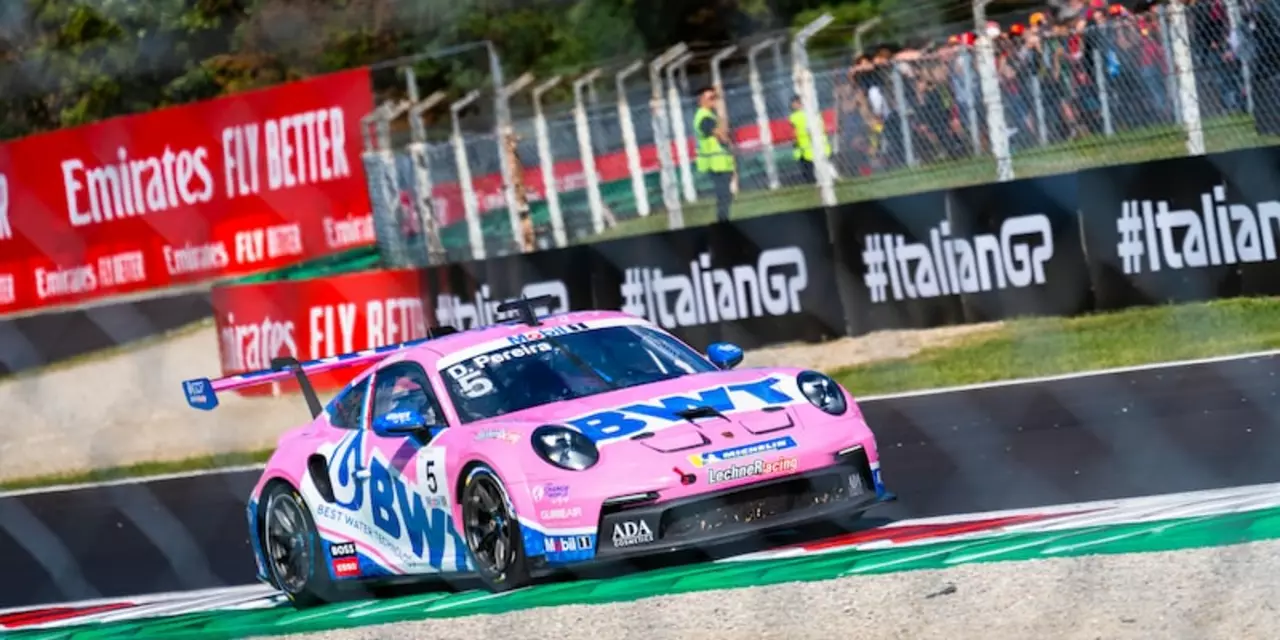How to Kick‑Start a Career in Motorsport
If you love the roar of engines and dream of working behind the scenes, a motorsport career might be your ticket. It’s not just about being a driver; the industry needs engineers, marketers, mechanics, data analysts, and even business managers. Below we break down the most common routes, what skills you’ll need, and how to get your foot in the door.
Pick a Path That Fits Your Skills
First, decide where you see yourself. Want to feel the G‑forces on track? Look at driver development programs, karting schools, or local club races. If you’re more of a problem‑solver, a mechanical or aerospace engineering degree can land you a spot on a design team. Finance and marketing graduates often end up handling sponsorship deals or brand promotion for teams.
Many people start in support roles—trackside mechanics, pit crew assistants, or even hospitality staff at events. Those gigs give you daily exposure to the fast‑paced environment and help you build contacts. Don’t underestimate a part‑time job at a local race track; it’s a goldmine for networking.
Learn the Business Side
Understanding how racing teams make money is a huge advantage. Teams fund themselves through sponsorships, merchandising, and prize money. Knowing how to pitch a sponsor, negotiate contracts, or manage a budget can set you apart from other candidates. If you’re eyeing a future as a team owner, read up on case studies like how Audi dominated Le Mans by investing in technology and long‑term partnerships.
Resources like industry webinars, podcasts, and the SGP Motorsport Hub’s own articles on team finances can give you real‑world context. Apply those lessons in a small project—maybe organize a local hill‑climb event or run a social media campaign for a club. Real results on your résumé speak louder than any certification.
Once you’ve chosen a niche, focus on gaining relevant experience. For aspiring drivers, join a karting league, log every lap, and seek coaching. Engineers should tackle projects that involve aerodynamics or vehicle dynamics; many universities run Formula Student teams that mimic real‑world racing challenges. Marketers can volunteer to promote a regional race, handling everything from flyers to digital ads.
Don’t forget soft skills. Motorsport is a team sport, even off the track. Communication, quick decision‑making, and the ability to stay cool under pressure are daily requirements. Practice them by working in fast‑paced environments—restaurants, event staffing, or even esports racing leagues.
Finally, keep an eye on emerging trends. Electric racing series, autonomous vehicle research, and data‑heavy simulation platforms are opening new career doors. A background in software development or data science can lead you to work on telemetry analysis or virtual testing.
In short, a motorsport career is built on a mix of passion, practical experience, and business know‑how. Start small, stay curious, and use every opportunity to learn from the pros. The track may be fast, but a clear plan will keep you moving forward.
Which is the best country in Europe to start a car racing career?
- Landon Speedwell
- on Mar 7 2023
- 0 Comments
Europe is home to some of the most prestigious and renowned car racing circuits in the world, making it an ideal destination for aspiring racing drivers. The best country to start a car racing career in Europe depends on your budget, experience level, and career goals. Germany is home to some of the most iconic racing circuits and is renowned for its high-level competitions and engineering prowess. Italy is another great option, with its technical tracks and rich motorsport heritage. Belgium is renowned for its historic racetracks and modern racing venues, while the UK has a world-class infrastructure and competitive atmosphere. Ultimately, the best country for a car racing career in Europe depends on individual preferences and goals.
